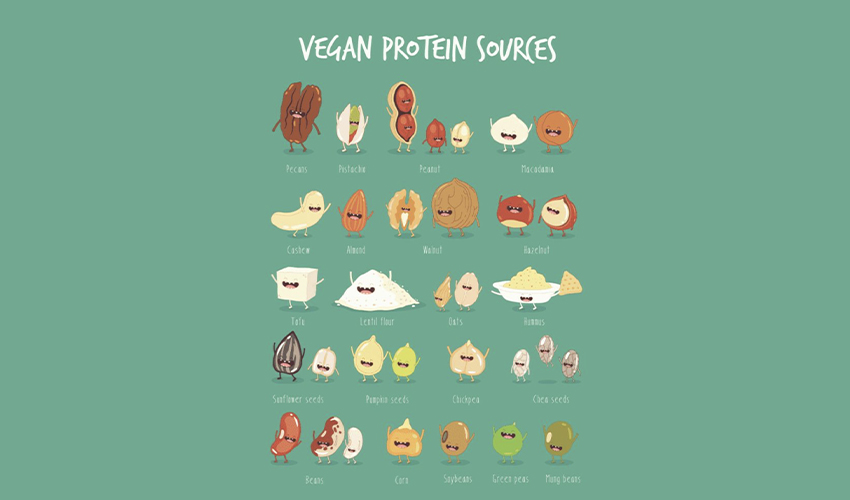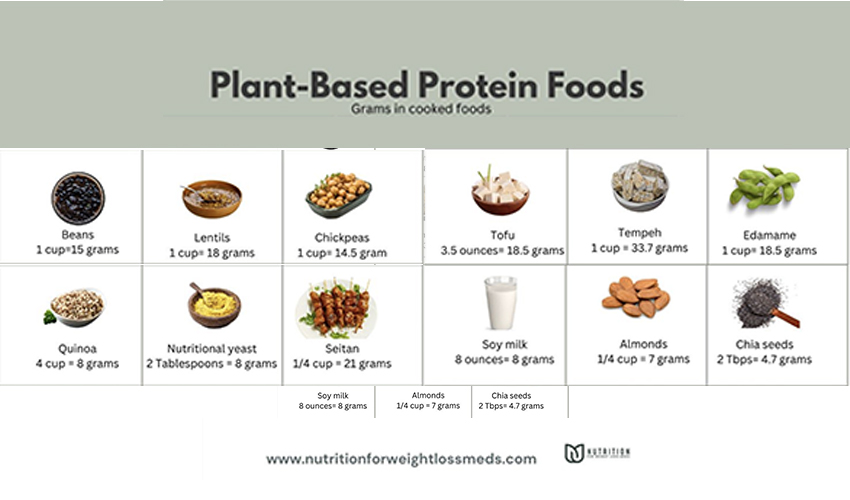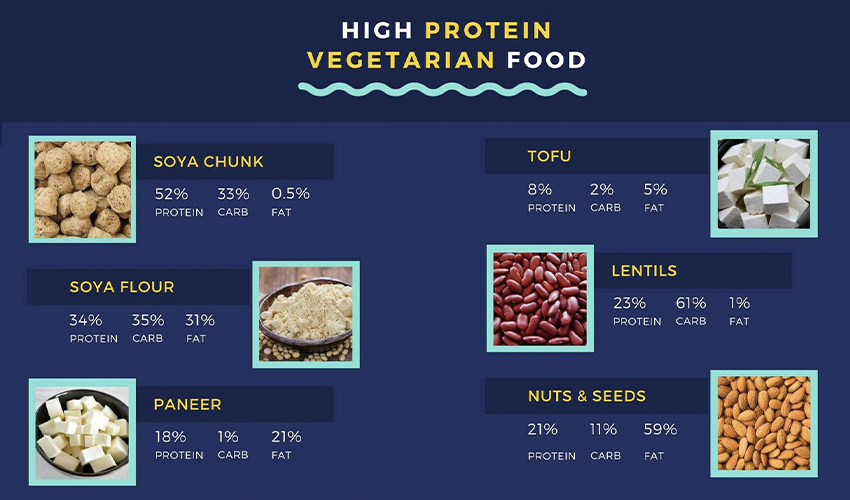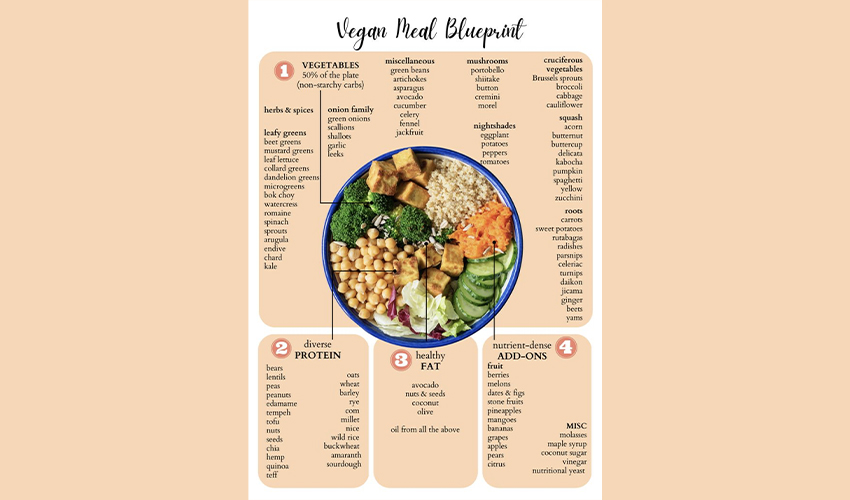- Mumbai, New Delhi, Bangalore
- (+91) 81518 30000
- WhatsApp Now
- contact@vedawellnessworld.com
The vegan diet has gained immense popularity over recent years, drawing attention from people interested in health, animal welfare, and environmental sustainability. Despite its growing acceptance, many people still have questions and misconceptions about what it means to follow a vegan diet. This comprehensive guide will address common questions about vegan diets, providing detailed and informative answers to help you understand this lifestyle choice better.
A vegan diet excludes all animal products, including meat, dairy, eggs, and often honey. Vegans rely on plant-based foods such as fruits, vegetables, grains, legumes, nuts, and seeds. This diet is often adopted for ethical, environmental, or health reasons.
Many people choose a vegan diet to avoid contributing to animal suffering and exploitation. Factory farming practices are often inhumane, and vegans seek to minimize harm by not consuming animal products.
Animal agriculture is a significant contributor to greenhouse gas emissions, deforestation, and water pollution. By adopting a vegan diet, individuals can reduce their carbon footprint and help protect the planet.
A well-planned vegan diet can provide all the necessary nutrients and has been linked to numerous health benefits, including lower risks of heart disease, hypertension, type 2 diabetes, and certain cancers.

Yes, a vegan diet can provide all essential nutrients if well-planned. However, attention must be given to certain nutrients that are commonly found in animal products.
Protein is abundant in plant-based foods such as beans, lentils, tofu, tempeh, nuts, seeds, and whole grains. Combining different sources of plant protein throughout the day ensures adequate intake of all essential amino acids.
Vitamin B12 is crucial for nerve function and blood formation, and it is primarily found in animal products. Vegans should consider fortified foods like plant-based milks, cereals, and nutritional yeast or take a B12 supplement.
Plant-based sources of iron include lentils, chickpeas, beans, tofu, spinach, and fortified cereals. Consuming vitamin C-rich foods like citrus fruits, tomatoes, and bell peppers alongside iron-rich foods enhances iron absorption.
Calcium is vital for bone health. Plant-based sources include fortified plant milks and juices, tofu made with calcium sulfate, almonds, tahini, and leafy greens like kale and broccoli.
Omega-3 fatty acids are essential for brain and heart health. Flaxseeds, chia seeds, hemp seeds, walnuts, and algae-based supplements are good sources of omega-3s for vegans.
Vitamin D can be obtained from sunlight exposure and fortified foods such as plant milks and cereals. In regions with limited sunlight, a vitamin D supplement may be necessary.
Yes, a vegan diet can be suitable for all life stages, including pregnancy, infancy, childhood, adolescence, and older adulthood, as well as for athletes. The key is to ensure the diet is well-planned and nutritionally adequate.
Pregnant and breastfeeding women can thrive on a vegan diet by paying particular attention to protein, iron, calcium, vitamin B12, and omega-3 fatty acids. Regular check-ups with a healthcare provider are essential to monitor nutritional status.
With careful planning, infants and children can meet their nutritional needs on a vegan diet. Breast milk or fortified infant formula should be the primary food for infants, while older children should consume a variety of nutrient-dense plant foods.
Older adults may need to focus on getting enough protein, calcium, vitamin B12, and vitamin D. Regular health check-ups and possibly supplements can help maintain optimal health.
Yes, many athletes thrive on a vegan diet, citing enhanced recovery, improved energy levels, and reduced inflammation. Key considerations for vegan athletes include:

Transitioning to a vegan diet can be a smooth process with the right approach:
Learn about vegan nutrition, meal planning, and cooking techniques. Familiarize yourself with vegan-friendly products and ingredients.
Transition gradually by incorporating more plant-based meals into your diet. Begin with one or two vegan days per week and increase from there.
Experiment with different fruits, vegetables, grains, legumes, nuts, and seeds. Discover new recipes and cuisines that highlight plant-based foods.
Replace animal products with vegan alternatives. For example, use plant-based milks, yogurts, and cheeses, and try meat substitutes like tofu, tempeh, and seitan.
Plan your meals and snacks to ensure you have vegan options available. Prepare meals in advance to avoid convenience foods that may not align with your dietary goals.
Join vegan communities online or in-person for support, inspiration, and advice. Connecting with others on the same journey can be motivating and helpful.

There are several misconceptions about vegan diets that can be addressed with factual information:
As mentioned earlier, there are plenty of plant-based sources of protein. A varied vegan diet can easily meet protein needs.
While some vegan specialty products can be pricey, a diet based on whole plant foods like beans, grains, and vegetables is often more affordable than one that includes meat and dairy.
A well-planned vegan diet can be very healthy and provide all necessary nutrients. It is crucial to focus on a balanced diet rich in whole foods rather than processed vegan junk food.
Many vegan athletes and bodybuilders successfully build muscle on a plant-based diet by consuming adequate protein and calories and engaging in regular strength training.
Navigating social situations can be challenging, but with some preparation and communication, it can be manageable:
If you’re attending a social event, inform the host about your dietary preferences. Offer to bring a vegan dish to share.
When dining out, research vegan-friendly restaurants or review menus in advance to find suitable options. Most restaurants are willing to accommodate dietary requests if you ask.
Carry vegan snacks with you to ensure you have something to eat in case vegan options are limited.
Use social situations as an opportunity to educate others about veganism. Share your experiences and the benefits of a vegan diet in a non-confrontational manner.

India’s snack culture is vibrant and diverse, offering numerous delicious and vegan-friendly options. Here are some popular vegan Indian snacks:
Papad is a thin, crispy flatbread made from lentil, chickpea, or rice flour. It is typically seasoned with spices such as cumin, black pepper, and chili, giving it a flavorful kick. Papads are usually deep-fried or roasted and can be enjoyed as a standalone snack or an accompaniment to meals. They are often served with chutneys or pickles for added flavor.
Khakhra is a traditional Gujarati snack made from whole wheat flour, salt, and spices. These thin, crispy crackers are roasted until golden brown and can be flavored with various spices such as cumin, fenugreek, and ajwain (carom seeds). Khakhra is often enjoyed with pickles, chutneys, or a dollop of vegan yogurt.
Bhel Puri is a popular street food made from puffed rice, sev (crispy chickpea noodles), chopped vegetables, and tangy tamarind sauce. This crunchy and tangy snack is typically garnished with fresh cilantro and a squeeze of lime juice. It is naturally vegan and can be customized with additional ingredients like roasted peanuts and pomegranate seeds.
Chana Chaat is a flavorful and protein-rich snack made from boiled chickpeas mixed with chopped onions, tomatoes, green chilies, and coriander. It is seasoned with chaat masala, cumin powder, and a squeeze of lemon juice. This refreshing and nutritious snack is perfect for a quick bite or a light meal.
Banana chips are a popular snack in South India, made from raw bananas that are sliced thinly and deep-fried until crispy. They are often seasoned with salt and spices like black pepper or chili powder. These crunchy chips make for a tasty and satisfying vegan snack.
Murukku, also known as chakli, is a savory snack made from rice flour and urad dal (black gram) flour. The dough is seasoned with spices like sesame seeds, cumin, and asafoetida, then shaped into spirals and deep-fried until crispy. Murukku is a popular snack in South India and is often enjoyed during festivals and celebrations.
Dhokla is a steamed savory cake made from fermented rice and chickpea batter. This popular Gujarati snack is fluffy, tangy, and mildly spiced. It is usually garnished with mustard seeds, curry leaves, and grated coconut. Dhokla is often served with green chutney for an extra burst of flavor.
Roasted chickpeas are a healthy and crunchy snack that can be easily prepared at home. Chickpeas are tossed with olive oil and spices like paprika, cumin, and garlic powder, then roasted until crispy. They make a perfect snack for on-the-go or a protein-rich addition to salads.
At Veda, we understand the importance of catering to vegan diets and ensuring our guests have a delightful dining experience. Our chefs are skilled in preparing vegan dishes that are both nutritious and delicious. We use fresh, high-quality plant-based ingredients to create meals that satisfy the palate and provide essential nutrients.
Veda’s nutritionists are dedicated to ensuring our vegan offerings meet all nutritional requirements. They meticulously plan our menus to include a variety of nutrient-dense foods, addressing potential deficiencies that might arise in a vegan diet. From ensuring adequate protein sources to incorporating vitamin B12 and omega-3-rich foods, our nutritionists take care of every detail to support your health and well-being.
Veda is committed to providing an exceptional dining experience for all our guests, including those following a vegan diet. Our focus on quality, nutrition, and taste ensures that every meal is a celebration of flavor and health. Whether you are a long-time vegan or new to the lifestyle, Veda offers a welcoming environment where you can enjoy diverse and delectable vegan dishes.
For more personalized wellness plans and expert guidance, you can reach out to us at contact@vedawellnessworld.com or call us at (+91) 81518 30000. Stay healthy, stay happy!